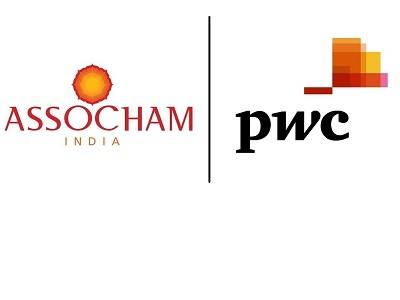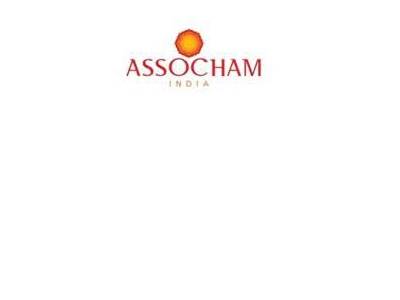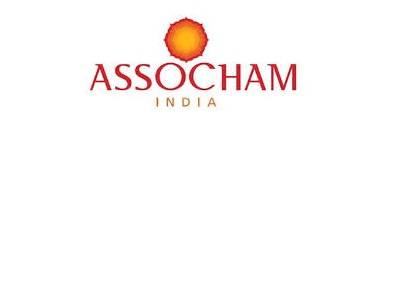ASSOCHAM seminar on transfer pricing: Deloitte's white paper
India will also be introducing the APA regime under the Direct Taxes Code Bill 2010. This is likely to be effective from 1April 2012. This will provide win-win situation for tax authorities as well as taxpayers. To taxpayers it will provide certainty and to authorities it will enable better deployment of resources; to both, it will reduce compliance & administrative costs.
This white paper presents a background of APAs as discussed in the OECD Transfer Pricing Guidelines and provides some specific feedback on the performance of APAs in some key jurisdictions across the globe. It is aimed to provide practical insights relating to the APAs to businesses and also to provide recommendations which can be useful for the Central Board of Direct Taxes (CBDT) while framing rules for the APA program in India.
At the launch of the report Deloitte spokesperson said, "Taxpayers will have great expectations from the scheme. Consequently, tax authorities will require to put in place a competent and sufficiently large team of professionals who are equipped to work on the APA system, ensure arrangement of specialist APA training for these professionals, and effective coordination between the APA staff with the staff in Competent Authority office. Another important factor is that of communication between taxpayer & tax authorities. The Communication process between both should be encouraged and it would be the responsibility of all stakeholders concerned to induce a collaborative approach for the success of the APA process."
He further added, "India may take lessons from experienced jurisdictions in implementation of APA Scheme. There can be challenges in the initial stages as well as in the later part of the process. But once in place it will prove beneficial to both taxpayers and tax authorities."
A number of countries started entering into APA schemes throughout the1990s, and the end of 1990s saw the UK, Belgium and France introduce their APA schemes. This was followed by other European countries such as Netherlands, Germany and Spain, and the spread of APAs to South American and Asian countries such as Mexico, Venezuela, China and Korea in the last decade. The report also reflects the key takeaways from these tax jurisdictions regarding APAs.
In U.S.A., Bilateral APAs are the highest in numbers as compared to Unilateral & Multilateral APAs. For 2010, the top three industries covered by APAs, were wholesale trade (durable goods), computer and electronic product manufacturing and professional, scientific and technical services. Canada sees almost the same statistics in terms of type of APAs filed. From the industrial sector perspective, APAs are concentrated in the automotive, natural resources and "high-tech' sectors.





















Share
Facebook
YouTube
Tweet
Twitter
LinkedIn